Janet Samuel.
The ECOWAS Parliament has opened discussions in Banjul, The Gambia, to address the implications of Mali, Burkina Faso, and Niger’s withdrawal from the regional bloc.
The high-level meeting seeks to explore practical solutions for sustained engagement and reforms that can strengthen unity and cooperation across West Africa.
Speaking during the opening ceremony, the 4th Deputy Speaker of the ECOWAS Parliament, Billay Tunkara described the exit of the Sahelian states as a wake-up call, stressing the need for ECOWAS to evolve through deeper integration, better governance, and people-centred development, emphasizing the risks of regional instability and the weakening of ECOWAS’ international influence if reforms are not pursued.
Tunkara urged parliamentarians to be bold and creative in their deliberations, calling for concrete recommendations to keep dialogue open with the withdrawn states, stressing that ECOWAS must learn from the withdrawal and renew its focus on meeting the expectations of its citizens.
Speaker Fabakary Tombong Jatta of the Gambian National Assembly said the withdrawal challenges the foundational values of ECOWAS and should prompt honest and sometimes uncomfortable discussions. He highlighted the potential consequences on trade, security, and the African Union’s broader integration goals.
Jatta encouraged delegates to approach the meeting with urgency and unity, noting that the outcome should strengthen parliamentary diplomacy and regional engagement. He expressed hope that the deliberations would guide ECOWAS toward meaningful reforms and renewed solidarity.
Dr. Mamadou Tangara, Gambia’s Minister of Foreign Affairs, welcomed the Parliament and praised the timing of the meeting during ECOWAS’ 50th anniversary, urged members not to give up on the Sahel states and to reflect on the kind of ECOWAS they want to see in the future.
Tangara called for strategic and inclusive engagement, rooted in African solidarity and guided by democratic values, emphasized the importance of building on ECOWAS’ achievements while fostering unity and shared prosperity across the region.
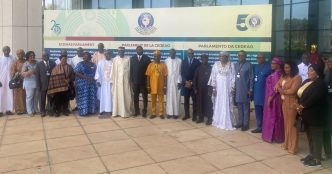
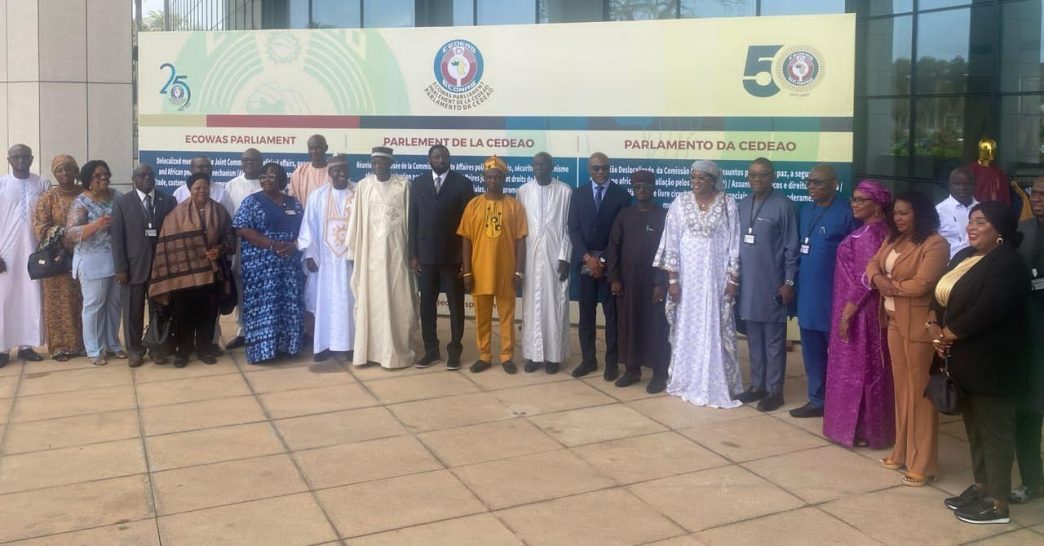
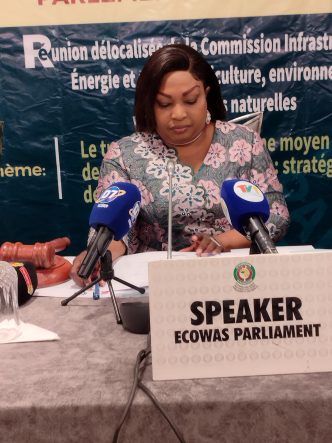
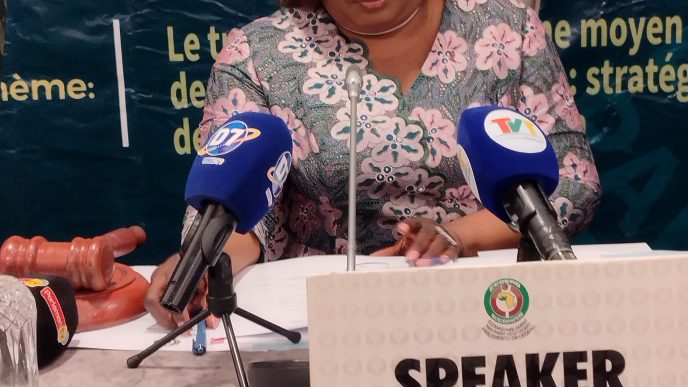
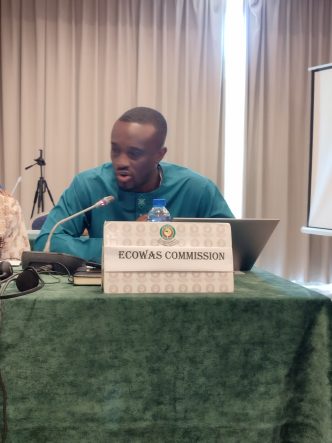
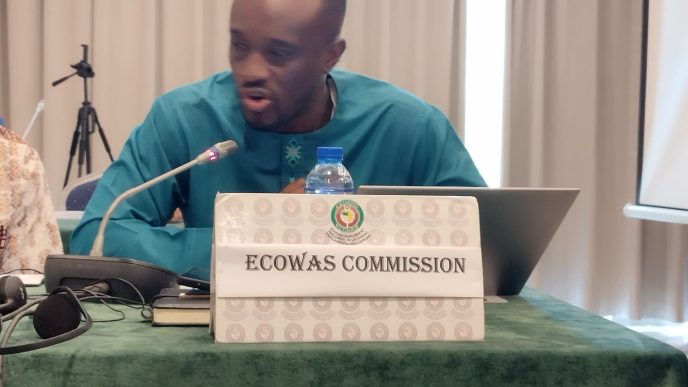
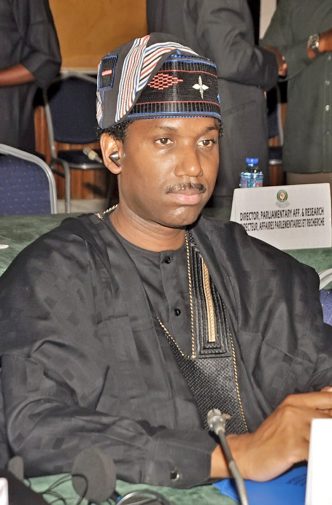
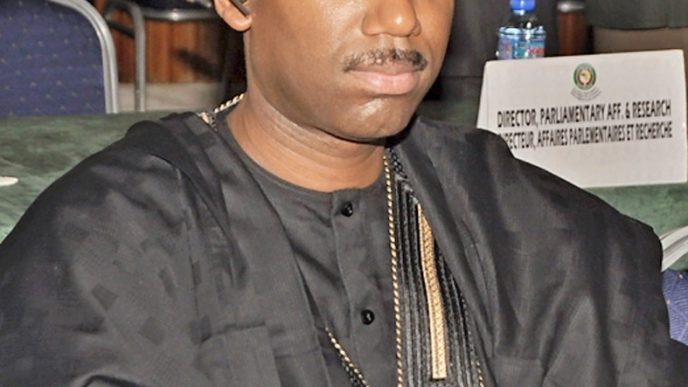
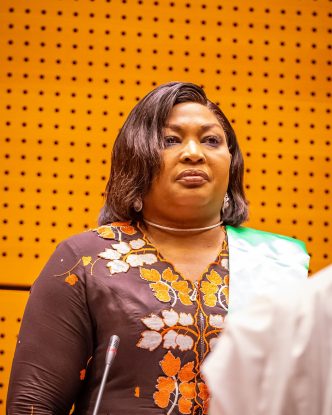
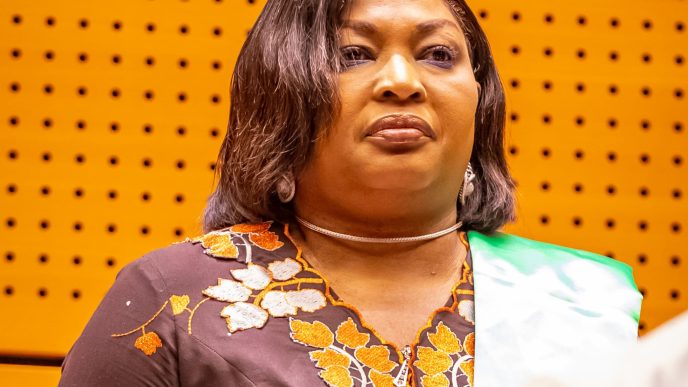
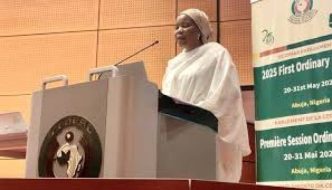
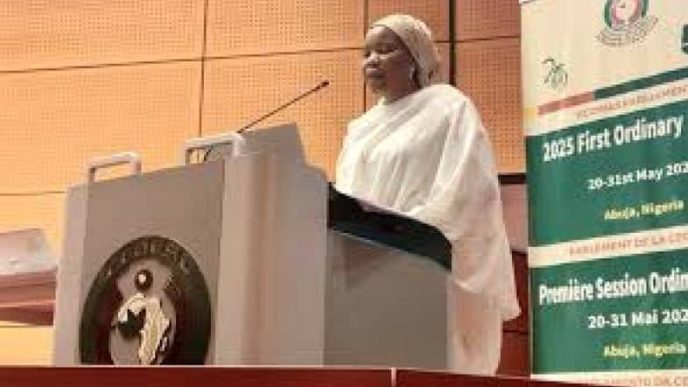
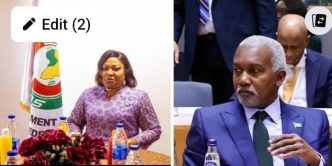
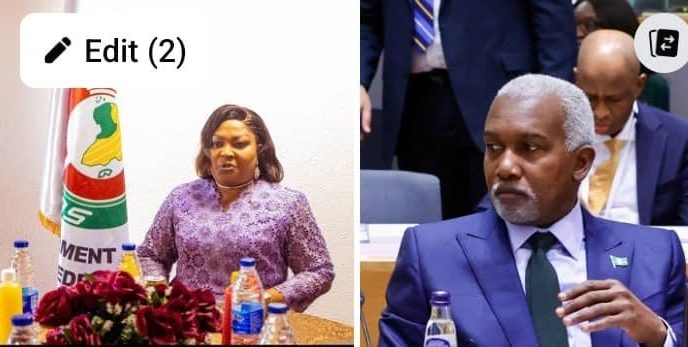
GIPHY App Key not set. Please check settings